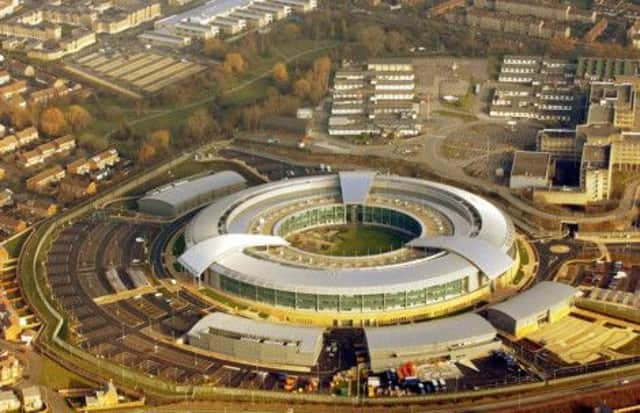GCHQ ‘did not get round UK law by using US spyware’


The intelligence and security committee, which oversees the work of the intelligence agencies, said it was satisfied that reports produced by GCHQ based on information supplied by the US had conformed with its statutory duties.
It said that, in each case where GCHQ sought information from the US, an intercept warrant signed by a minister was already in place.
Advertisement
Hide AdAdvertisement
Hide AdThe committee’s report follows allegations based on disclosures by US whistleblower Edward Snowden that GCHQ used the American National Security Agency’s Prism programme to access material from the leading internet companies.
“It has been alleged that GCHQ circumvented UK law by using the NSA’s Prism programme to access the content of private communications. From the evidence we have seen, we have concluded that this is unfounded,” the committee said.
The committee, chaired by former foreign secretary Sir Malcolm Rifkind, said it had received detailed evidence from GCHQ as well as questioning its director, Sir Iain Lobban.
While the committee found that GCHQ had acted within the law, it expressed concern as to whether the current legal framework for the intercept of communications was still adequate.
“In some areas the legislation is expressed in general terms and more detailed policies and procedures have, rightly, been put in place around this work by GCHQ in order to ensure compliance with their statutory obligations under the Human Rights Act 1998,” it said.
Foreign Secretary William Hague welcomed the committee’s findings: “I see daily evidence of the integrity and high standards of the men and women of GCHQ. The ISC’s findings are further testament to their professionalism and values,” he said.
Shami Chakrabarti, director of civil rights group Liberty, said the committee’s findings would do little to reassure people that their data was not being improperly accessed.
“The painfully careful words of the ICS’s report clean absolutely nothing up,” she said.
Advertisement
Hide AdAdvertisement
Hide AdNick Pickles, of the Big Brother Watch campaign group, said parliament needed to act urgently to ensure the legal framework was fit for the needs of the internet age: “If the law is not fit for purpose, the question of not breaking it is largely irrelevant.
“When the Intelligence and Security Committee is raising concerns that the current legal framework is adequate, alarm bells should be ringing loud and clear that all is not well. Parliament must urgently turn its attention to this issue,” he said.